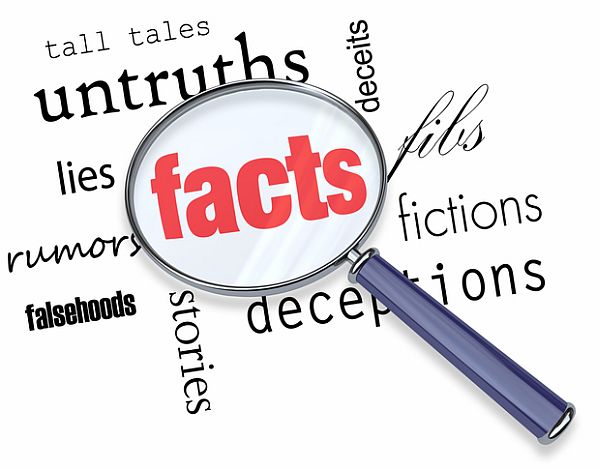07 Oct 2014

The ABC has offered a formal apology for falsely stating: “Every other gas-exporting country in the world [other than Australia] reserves gas for domestic use, and the US is about to do the same.”
The error, by Radio National’s Background Briefing program, perpetuated a myth spread by gas reservation advocates such as the Australian Workers’ Union, which last week launched a campaign website that currently states: “Every major gas producing nation in the world has some form of gas reservation policy – or equivalent laws aimed at ensuring local industry and consumers are not disadvantaged by gas exports. Every nation, that is, except Australia.”
The ABC letter of apology says: “This statement cannot be corroborated. It was not in accordance with section 2.1 of the code. The program’s transcript has been corrected and an editor’s note has been attached on the website. ABC Radio apologises for the error”.
Section 2.1 of the ABC code of Practice requires reporters and producers to “Make reasonable efforts to ensure that material facts are accurate and presented in context.”
The AWU should also correct the record for its false claims and acknowledge the simple fact that countries such as the USA, Canada, the Netherlands, Norway and the UK allow the market to set wholesale gas prices, just as we need to in Australia.
These nations do this for a very good reason: gas reservation actually makes worse the situation it is supposed to fix. Rather than generating more gas or driving down prices, reservation policy actually reduces the very investment needed to bring on new, or cheaper, supplies.
At a time when governments are seeking to increase the competitiveness of the Australian economy and attract new project investment, gas reservation is the antithesis of the policy response most in the business community are looking for.
In June, an International Energy Agency report examining the effect of gas reservation in some non-OECD countries throughout the Middle East and North Africa, said: “Subsidies exacerbate demand and inevitably lead to shortages a decade later”.
Western Australia has a gas reservation policy, but in July, that state’s independent economic advisor said the policy should be scrapped immediately.
The inquiry, by Western Australia’s Economic Regulation Authority, concluded that gas reservation:
• Discourages investment in gas projects, reducing the availability of gas for future use;
• Perpetuates the existence of industries that may not have a comparative advantage in WA at the expense of investment in other industries;
• Increases reliance on subsidised gas prices; and
• Discourages efficiency and technological innovation.
Reservation doesn’t work, and that’s probably why we don’t do it for any other commodity such as iron ore, wool, wine, wheat or beef.
Australia has more than enough gas for export and domestic markets. But unnecessary regulatory hurdles are making gas production much harder – and much more expensive – than it need be. Download PDF
Media Contact

